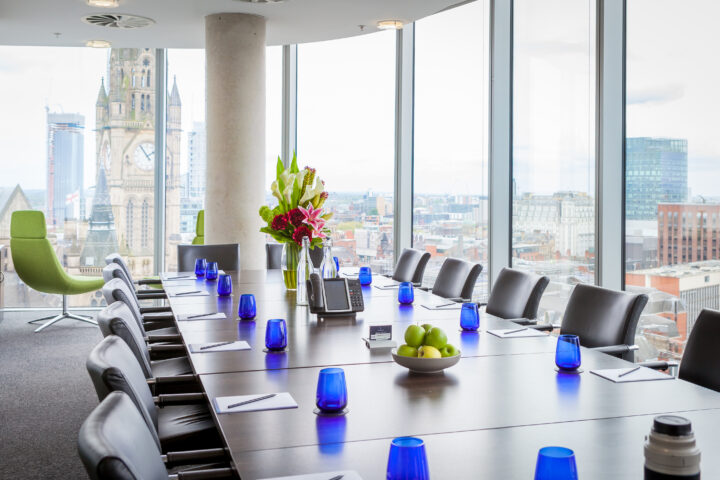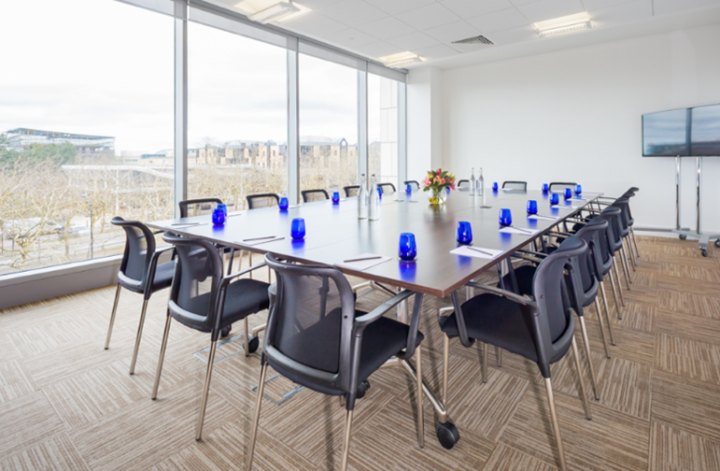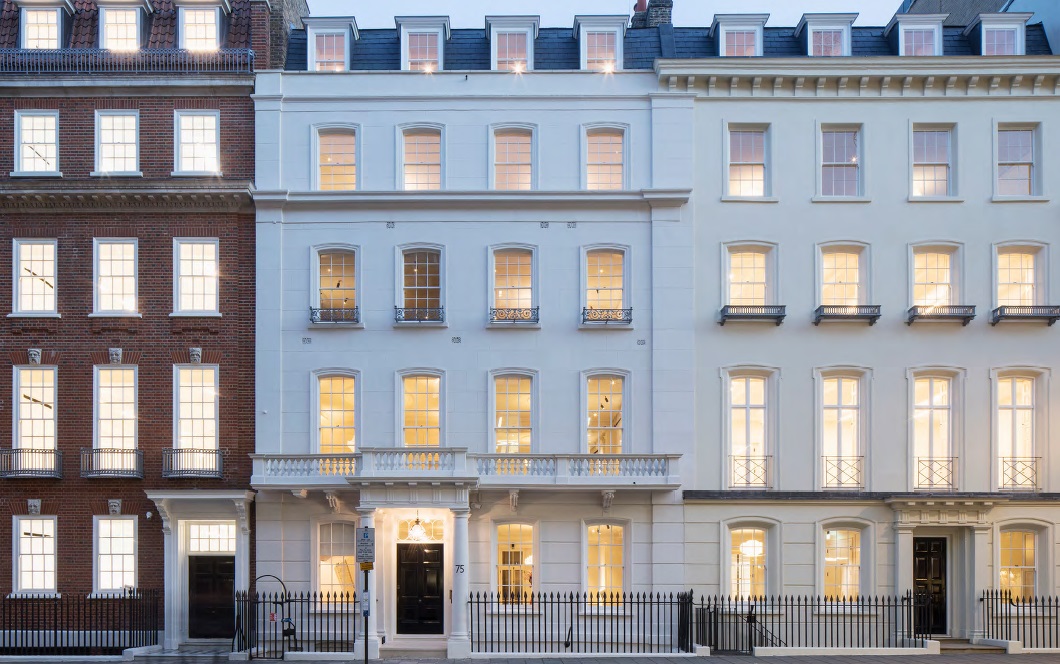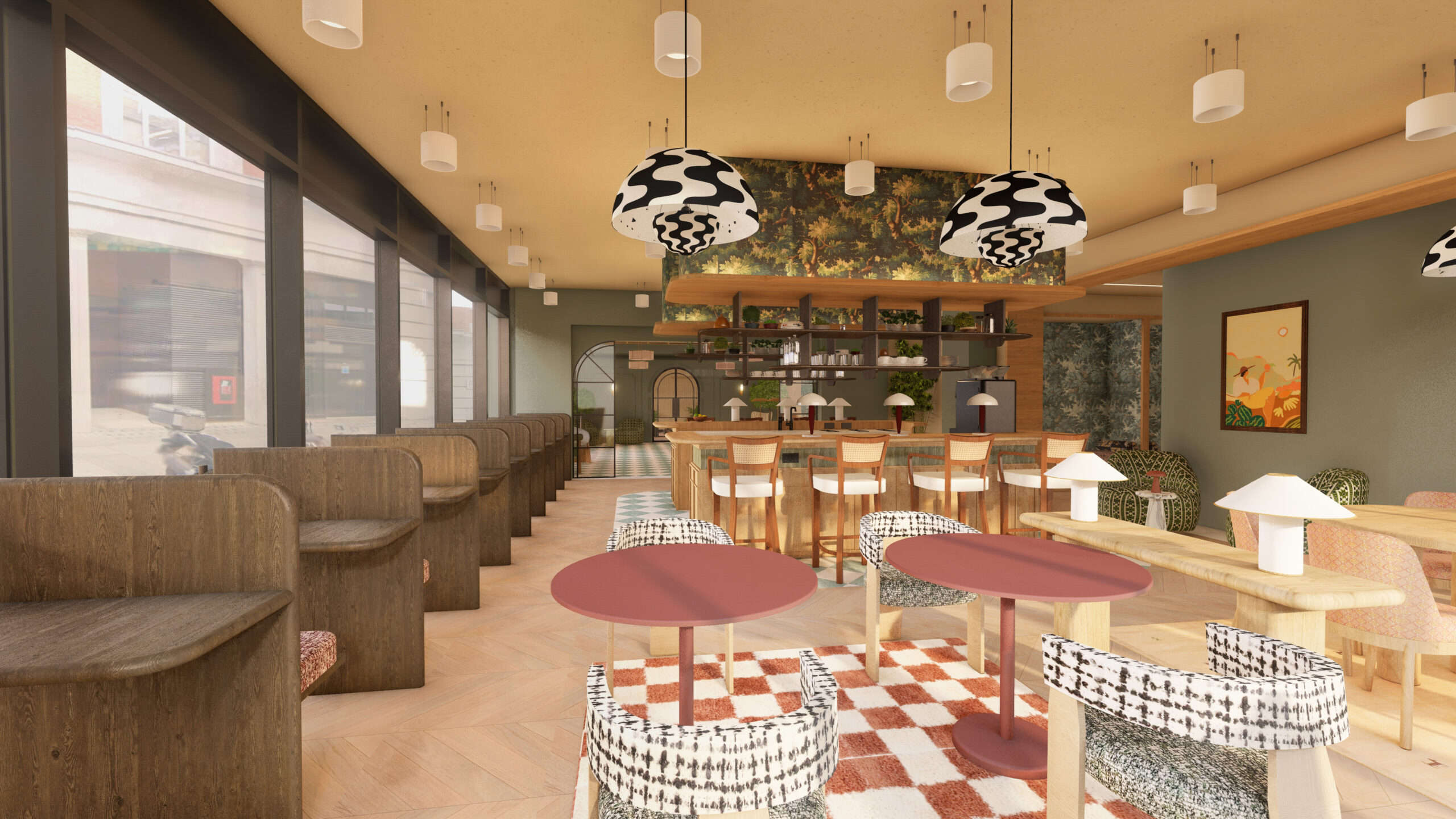Natural light does your body, mind (and meeting) good
17th February 2023

When the clocks spring forward on 26 March, the UK will move into British Summer Time (BST) and enjoy an extra hour of daylight until 29 October, when the clocks go back.
Landmark’s meeting rooms and other workspaces allow you to optimise the benefits of these longer, brighter days. We shine a spotlight on the impact natural light has on meetings.
Summer light saves energy
The UK introduced Daylight Saving Time or British Summer Time in 1916 to reduce the cost of energy use and conserve coal during the First World War.
Of course, not turning on the lights in the summer is even more of a sustainable switch – and one your business can achieve easily at Landmark. Artificial light is either minimal or unnecessary when you hold a meeting in a space filled with natural light.
Our Manchester City Centre and Chancery Lane London buildings show the different lighting effects we can achieve by mixing natural and artificial lights.

A mix of natural and soft ceiling lights at the Rylands meeting room in Landmark Manchester City Centre.

You need minimal artificial lighting for a meeting at Chancery Lane in London as a lightwell fills the space with natural light.
Natural light improves wellbeing
We know from studies that the change to BST can disrupt your circadian rhythm – the internal body clock that regulates our sleep-wake cycle over 24 hours – causing symptoms akin to jetlag. Artificial light can also knock your rhythm out of sync, affecting your health.
Increasing your exposure to natural light is therapeutic. It can reset your sleep-wake cycle and improve your wellbeing, happiness and, most notably, for a meeting, your productivity.
Our workplace model accommodates hybrid and flexible working that puts wellbeing centre stage. Meanwhile, our biophilic approach to interior design also incorporates lightwells, atriums, skylights and floor-to-ceiling windows (like these at Milton Keynes Pinnacle) wherever possible to maximise your exposure to natural daylight.

Windows make the most of therapeutic natural light in one of the Milton Keynes Pinnacle meeting rooms.
Vitamin D for better immunity
Our bodies make most of our Vitamin D from sunlight. But low levels of the vitamin can lower your mood, impair the immune system and make you feel fatigued – the last thing you want to be in a meeting where you need to focus and work fruitfully.
Despite the extra daylight hour in the summer, it’s difficult getting enough sun when you’re working indoors. Research shows office workers are not exposed to sunlight often enough, making them especially vulnerable to Vitamin D deficiency.
Many Landmark buildings, like Farringdon in London, have outdoor seating for open-air meetings in the sun.

Soak up the sun’s rays with outdoor seating at Farringdon in London.
Meanwhile, plenty of other centres like Bevis Marks have a garden or are close to parks and rivers for a lunchtime sunlight recharge before returning to work.

The view from the spectacular rooftop garden and terrace at London Bevis Marks. It’s also only a 10-15 minute walk from here to the river and the park at Tower Hill Garden.
Getting the mix right depending on need
As well as providing as much natural light as possible to improve mood and vitality, we have not forgotten the need for task lighting and other types of light in our signature zones.
Each zone in our workspace has lighting defined by its use – social, collaborative, private or meeting space. For example, our co-working Club Space at Cannon Street features soft light to reduce glare, perfect for finishing a report on your laptop after your meeting.

Soft light at Cannon Street in London reduces harsh shadows – ideal for co-working space.
Another health advantage to softer lighting in co-working and collaborative space is less eye strain and fewer headaches. Migraine significantly affects productivity, with 5.7 days lost per person each year – that’s 43 million workdays.[1]
[1] https://www.nationalmigrainecentre.org.uk/corporate-wellbeing/migraine-and-work/#:~:text=5.7%20days%20are%20lost%20per,of%20almost%20%C2%A34.4bn

